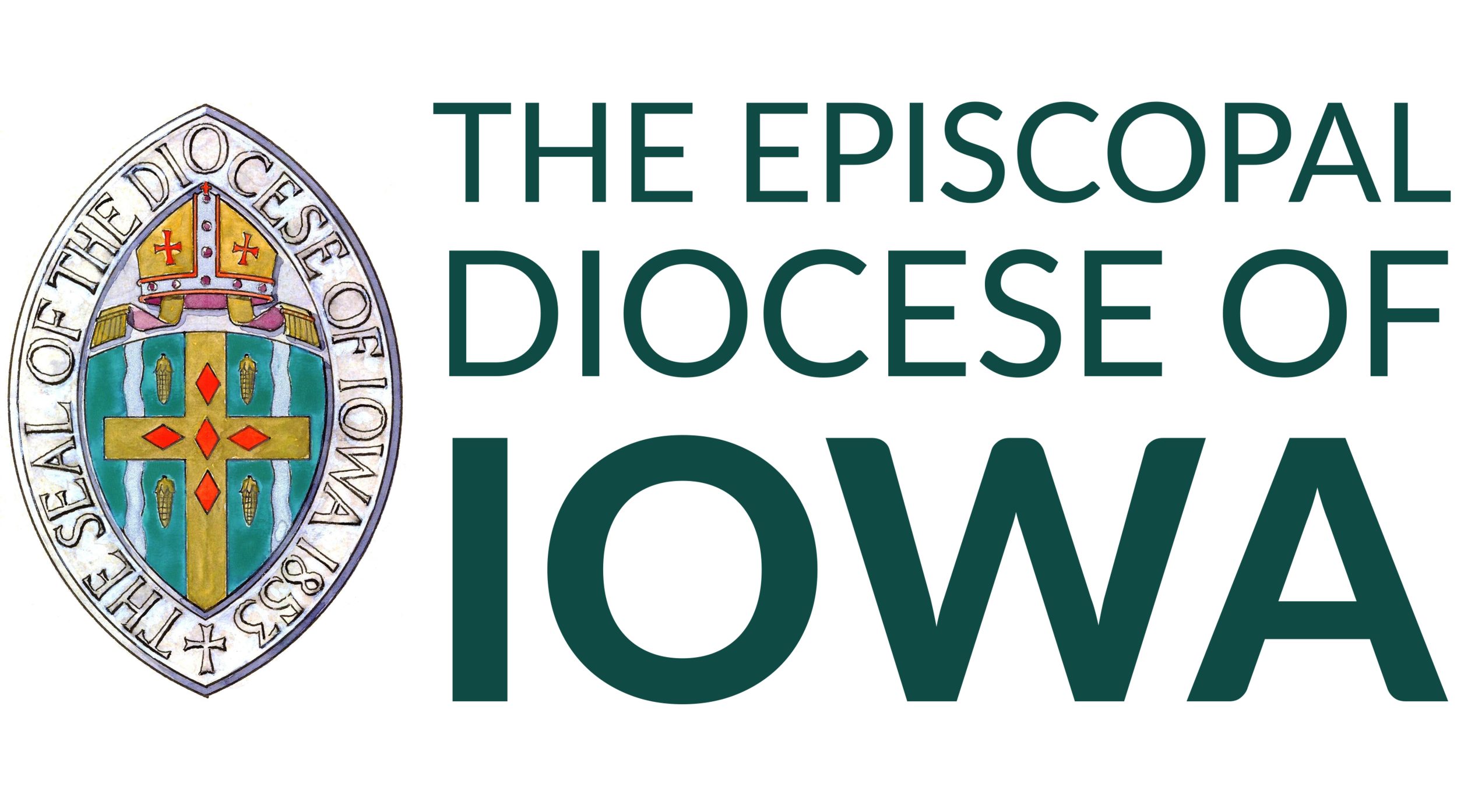Objectives
The module will prepare the Ministry Development Team to lead public worship and to develop and encourage worship leadership in members of the congregation. Team members will be able to:
1. Complete a Team and Individual Assessment and Learning Plan.
2. Understand how worship in the people’s language is central to Episcopal tradition and how that relates to various editions and uses of the Book of Common Prayer.
3. Articulate what it means to live sacramentally and how the various sacraments convey and enhance the meaning of a sacramental life.
Make connections between the shape of the Eucharist liturgy and the meaning and benefits of the sacrament
4. Lead worship services for the congregation and in so doing be able to:
Interpret rubrics of worship resources.
Articulate an historical understanding of Eucharist and Baptismal worship services.
Use The Book of Common Prayer, Book of Occasional Services and Enriching Our Worship.
Use the Revised Common Lectionary in the development of worship experiences.
Use a variety of musical resources in the development of worship experiences including The Hymnal, Lift Every Voice and Sing, Music That Makes Community and others.
Use seasonal colors and symbols in the planning and enhancement of worship experiences for the seasons and liturgies of the church year.
Use a variety of additional worship resources.
Understand and use the Daily Offices from The Book of Common Prayer.
5. Develop formation/training for members of the congregation which will encourage them to lead worship services, including:.
Preaching: interpret the scripture lessons for daily life, construct a sermon that interprets the scripture and the lessons for daily life, engage the congregation in reflection on the scripture in the context of the worship.
Eucharistic ministers.
Worship leader.
Lector.
6. Design and lead a worship service for situations that arise in the life of a community, collaborating with other faith communities.
Interpret the rubrics and then create worship services to support each situation.
Determine/design prayers to fit a situation.
Readings
What Language Shall I Borrow by Brian Wren, 1991
Worshiping in the Small Membership Church by Robin Knowles Wallace
A Theology of Worship by Louis Weil, 2001
Sacraments of Life, Life of the Sacraments by Leonardo Boff, 1987
Planning the Church Year by Leonel L. Mitchell
Welcome to the Book of Common Prayer by Vicki K. Black
A Lay Minister’s Guide to the Book of Common Prayer by Clifford W. Atkinson
Commentary on the American Prayer Book by Marion Hatchett, 1995
Opening the Prayer Book (Church’s Teaching Series) by Jeffrey D. Lee, 1999
Baptism & Ministry, How Shall We Pray?, and A Prayer Book for the 21st Century from the Liturgical Studies Series edited by Ruth A. Myers
Intercession: A Theological and Practical Guide by Ormonde Plater, 1995
Deacons in the Liturgy by Ormonde Plater, 1999
Strong, Loving and Wise: Presiding in Worship by Robert Hovda, 1983
Resources
Prayers of the Cosmos: Meditations on the Aramaic Words of Jesus, by Neil Douglas-Klotz
Praying Shapes Believing: A Theological Commentary on the Book of Common Prayer by Leonel L. Mitchell, Ruth A. Meyers
The following are sources online that offer a variety of prayers and services:
Riteseries online ministry solutions: Liturgy, music, and worship resources for Episcopal Churches
Worship Planning: UMC
Pastoral and Occasional Liturgies: A Ceremonial Guide by Leonel L. Mitchell, 1998
Brightest and Best: A Companion to the Lesser Feasts and Fasts by Sam A. Portaro, 1998
A podcast blog from “Christian Century”
Why You Lead Worship: A Practical Advice for Worship Leaders

